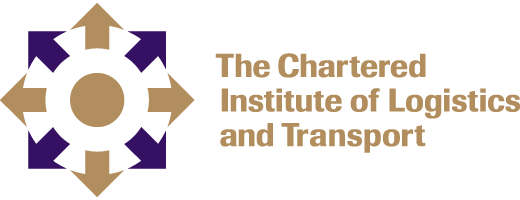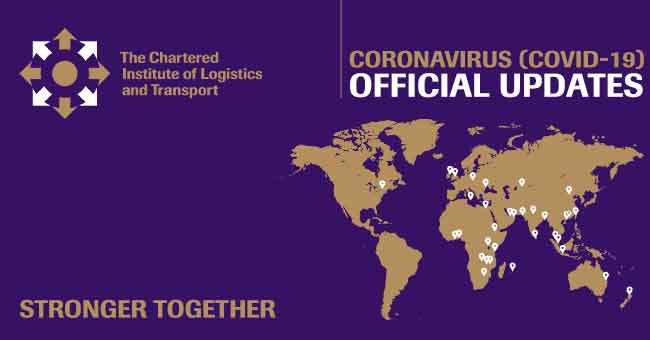In Hong Kong, the transport sector has suffered a major drop in passenger demand as offices and shops are closed. The working pattern in Hong Kong has changed with staff permitted to work from home but with at least 2 days in office with a core team.
The travel pattern has consequentially also changed. Taxis are generally considered high risks and Uber is gaining popularity as it is more personalized and more ready to keep the vehicle sanitized.
Therefore there is not a total lockdown but rather very controlled movements of people and a strict control of individual Coronavirus cases. All restaurants, public places and clubs are closed for 14 days if they have a confirmed Covid-19 case.
The drop in business overall is 40% . To help businesses the Hong Kong Government have given out fuel subsidies and grant open space for the parking of idle taxis.
Keeping transport workers safe and the transport mode clean is important and therefore regular sanitization is conducted on the vehicles. Public transport companies require all their drivers to wear masks and passengers could be refused to board buses without a mask. Sanitization is important and virus can stay on hand rails and seats for a while.
The view in Hong Kong is that unless the transport modes are kept clean and sanitized, the public would not have confidence in using them. In Hong Kong car ownership is low and is not an alternative for mass travel. Hong Kong has kept the trains, buses, ferries, taxis running with no disruption .
This is an example of a business response from Hong Kong which we are sharing as part of our global best practice resource to help you think about and determine appropriate responses locally.

